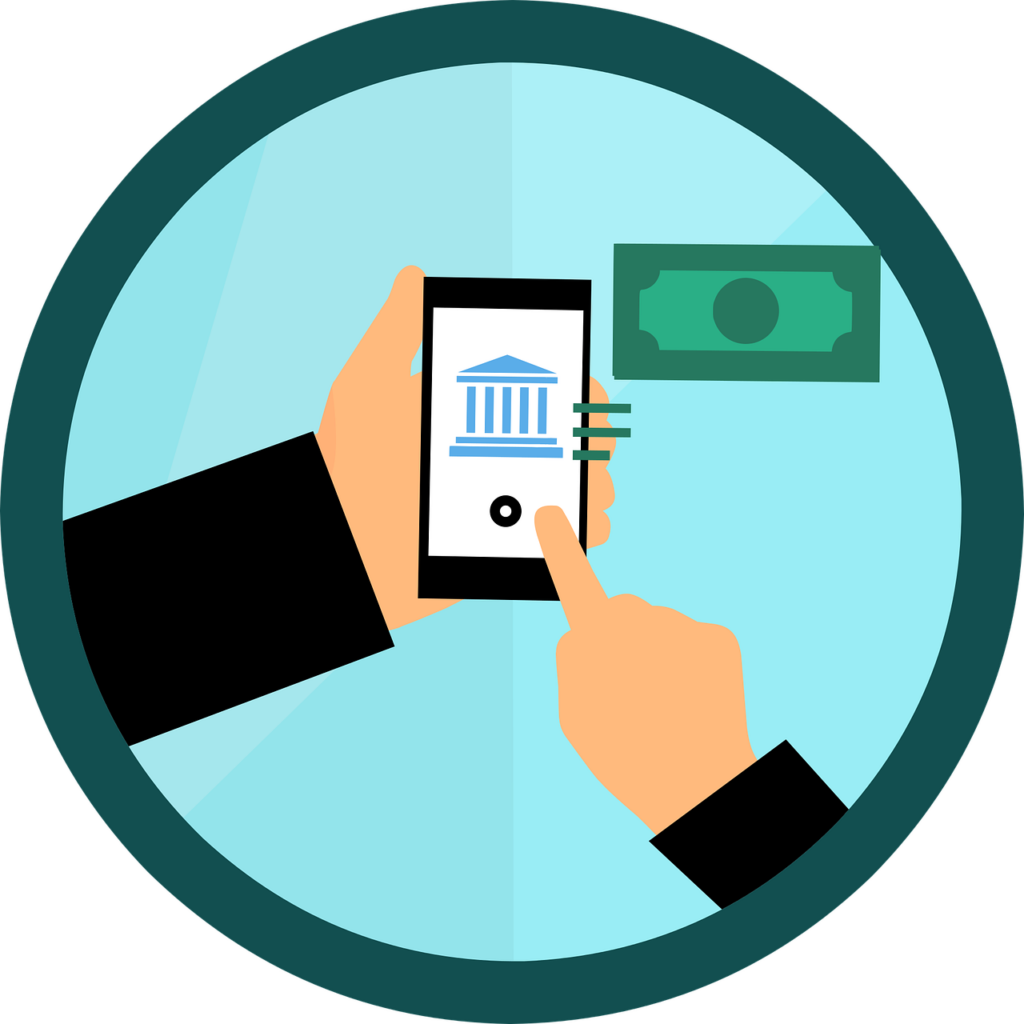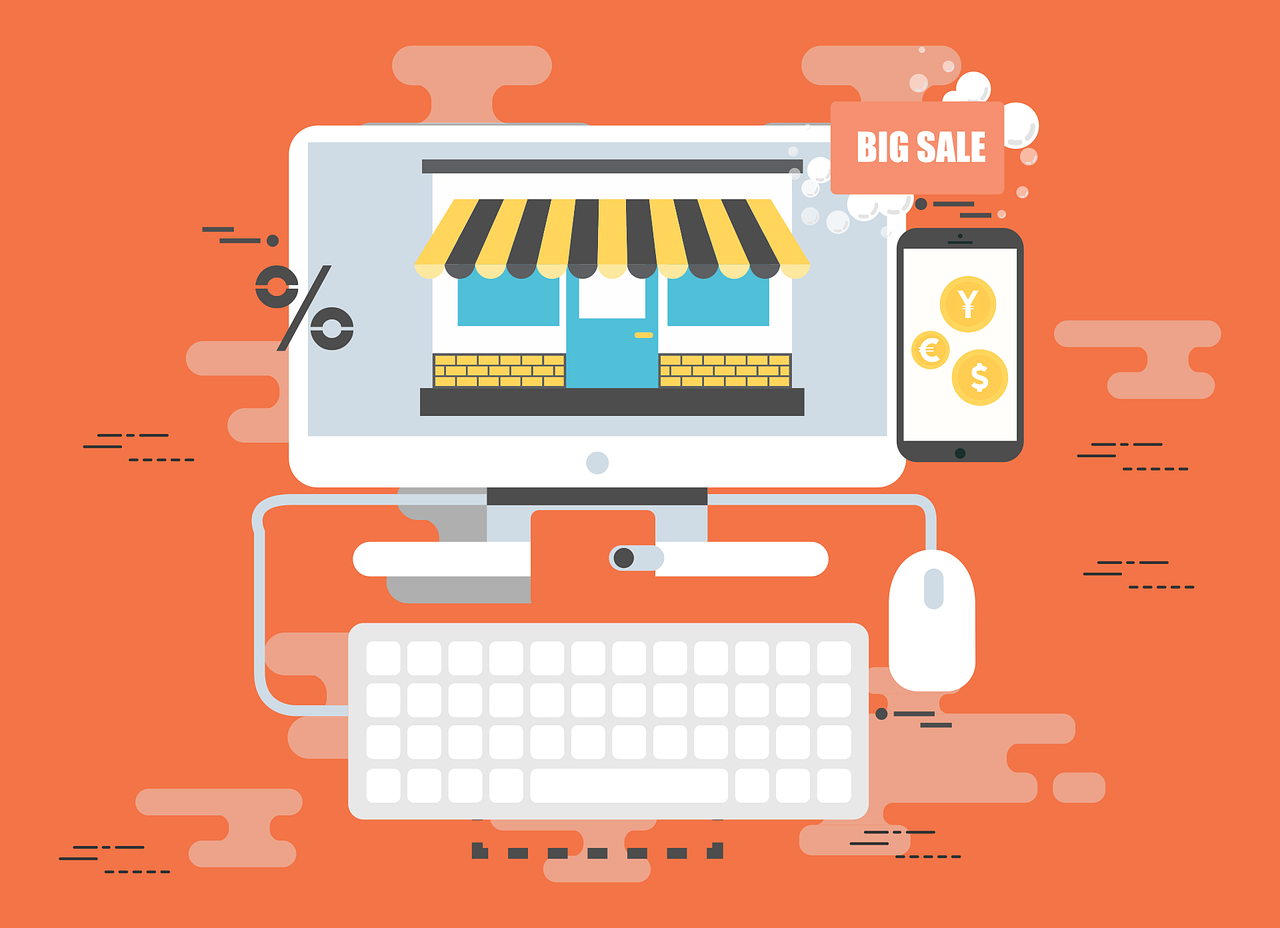The Netherlands has become the leading country in terms of international technological expansion in 2020, and according to the Global Innovation Index, it’s the third country with the most innovative economy. As for market share in the Netherlands, fintech startups are in third place, with 11% of the market, and it is the second industry with the most employees.
The number one online payment method of Dutch is iDEAL, exceeding a total of 2 billion payments and 1.5 million payments daily. All banks in the Netherlands support iDEAL and 10 million Dutch customers can use it. Adyen, another online payment company, recently collaborated with Microsoft to launch Network Token Optimization. A Series B funding round has raised €90 million for Mollie, a startup that provides a quick way to incorporate payments into a web or app. Series B takes the sum earned by Mollie to €115 million and catapults the start-value up to more than €850 million in particular.

Compared to conventional payment methods, online payment methods are winning so far. It’s easier and quicker to transfer money online, regardless of the amount. Although online methods are open to cyber attacks, since payment gateway takes the money’s responsibility during the process, online is safer than you thought it’d be. Moreover, online, clients can make transactions from any part of the World without facing any problems with currency or time zone differences. According to Crunchbase, 1204 startups in the World offer online payment services to their customers. Currently, PayPal, Stripe, and Amazon Pay are the most used online payment solutions.
How The Netherlands Provided The Perfect Ecosystem for Online Payments?
Let’s dig into the reasons behind this particular trend towards the Netherlands. According to the Ernst & Young Global Limited report of Dutch FinTech 2019, the highest adoption rate of FinTech services by consumers in Europe belongs to the Netherlands with 73%. Digital infrastructure and the location of the country are the factors that appealed to investors. 43% of financiers experienced no issues in complying with laws and regulations. For the FinTech sector, international expansion, partnerships, and new opportunities in the market are what the Netherlands offers to the ones planning to start or fund a FinTech company in their market. In this country, customers paid 25.8 billion euros for online sales in 2019 alone. The Dutch mostly pay with debit cards, and card payments in 2019 have increased by 9,9% compared to the past year. The number of transactions for e-commerce has grown to 258 million euros from 242 million euros in the same year.
Consumer-to-Business (C2B) Payment Methods
C2B companies allow people to sell products and services to businesses. A website will enable consumers to post the project they want to complete in this e-commerce model and have companies to bid for the opportunity. And C2B, as a payment method, stands for money that moves between a consumer and a business. Buying clothes and paying in-store is a basic example of C2B payment. iDEAL is the perfect example of C2B payment in the Netherlands. With iDEAL, consumers can directly transfer money from their bank accounts to the business’s bank account. Compared to 2018, the number of transactions through iDEAL has grown 27%.
Peep-to-Peer (P2P) Payment Methods
A peer-to-peer (P2P) economy is a model where two individuals interact to buy & sell goods and services or produce goods and services together, without a third-party involved. As a payment method, P2P allows users to send money to each other from their mobile devices through a linked bank account or card. PayPal, Google Pay, and Venmo are the most common P2P payment services throughout the World. For the Netherlands, Tikkie is the one. Tikkie is an online payment platform that allows people to forward payment requests via WhatsApp or through a QR code. Once the individual opens the request or scans the code, he is asked to transfer a particular amount of money from their bank accounts.
How Safe are These Methods?

While most methods of online payment are reasonably secure, the potential for problems is still there. Without taking the necessary precautions, customers’ payment details can be compromised, and problems can ensue. That’s why knowing the basics of keeping online payments safe is so critical. Here are some options that will keep both you and your clients safe.
One of the first steps to take is to ensure that your payment system is compatible with the Payment Card Industry (PCI). Having a payment system compliant with PCI is essential whether your organization is big or small because it ensures that you meet the minimum security standards for customer transaction processing.
Using encryption technology to ensure that private financial information stays private is another way to increase security. This technology confirms that the websites that your company uses for purchases are part of valid organizations. Thus, encryption minimizes the danger of confidential data viewed by the wrong parties.
The login system must be as safe as possible when customers sign in to access their accounts. If a customer forgets his password, he should enter a username or email address to recover it. Does the site in the address bar render an HTTPS? If not, you can make infiltrating and gaining access to confidential information dangerously easy for hackers.
Since hackers are continually coming up with new tactics, keeping one step ahead is critical. For your entire network, you can sign up for automatic updates. Automatic updates will stop you from forgetting to download any significant protections that could put your online payment protection at risk. In addition to keeping transactions safe, this can significantly reduce the likelihood of contracting a virus that can harm business operations.
Finally, any loose ends should be wrapped up by a detailed review of the company’s payment system. The implementation of ethical hacking, in which penetration test analysts inspect your network just as a hacker would, is one feature that security assessment companies provide. They manually do this and look for bugs that might be abused. Additional features involve finding where unencrypted information is leaking, configuring the network, wireless protection, and security of the external/internal network. They will also provide you with security awareness training if you want to learn more about safety precautions.
Concluding Remarks
The Netherlands is the most prominent country of the last years with its opportunities for FinTech startups and investors. The country’s digital infrastructure, everyday use of online payment methods, entrepreneur-friendly laws, and regulations are the reasons behind this trend. iDEAL, Adyen, Mollie, and Tikkie are examples of online payment methods used in the country. Tikkie is a platform where P2P payments are made, whereas the others are based on C2B model. While most of these payment methods are secure on their own, business owners should take some extra precautions to stay on the safe side. PCI compliance, data encryption technology, secure login page, and up to date operating systems are the measures that business owners can take. And for the loose ends, there are always security assessment companies to detect and close security gaps.
References
https://www.statista.com/statistics/348004/payment-method-usage-worldwide/
https://www.crunchbase.com/hub/payments-startups



